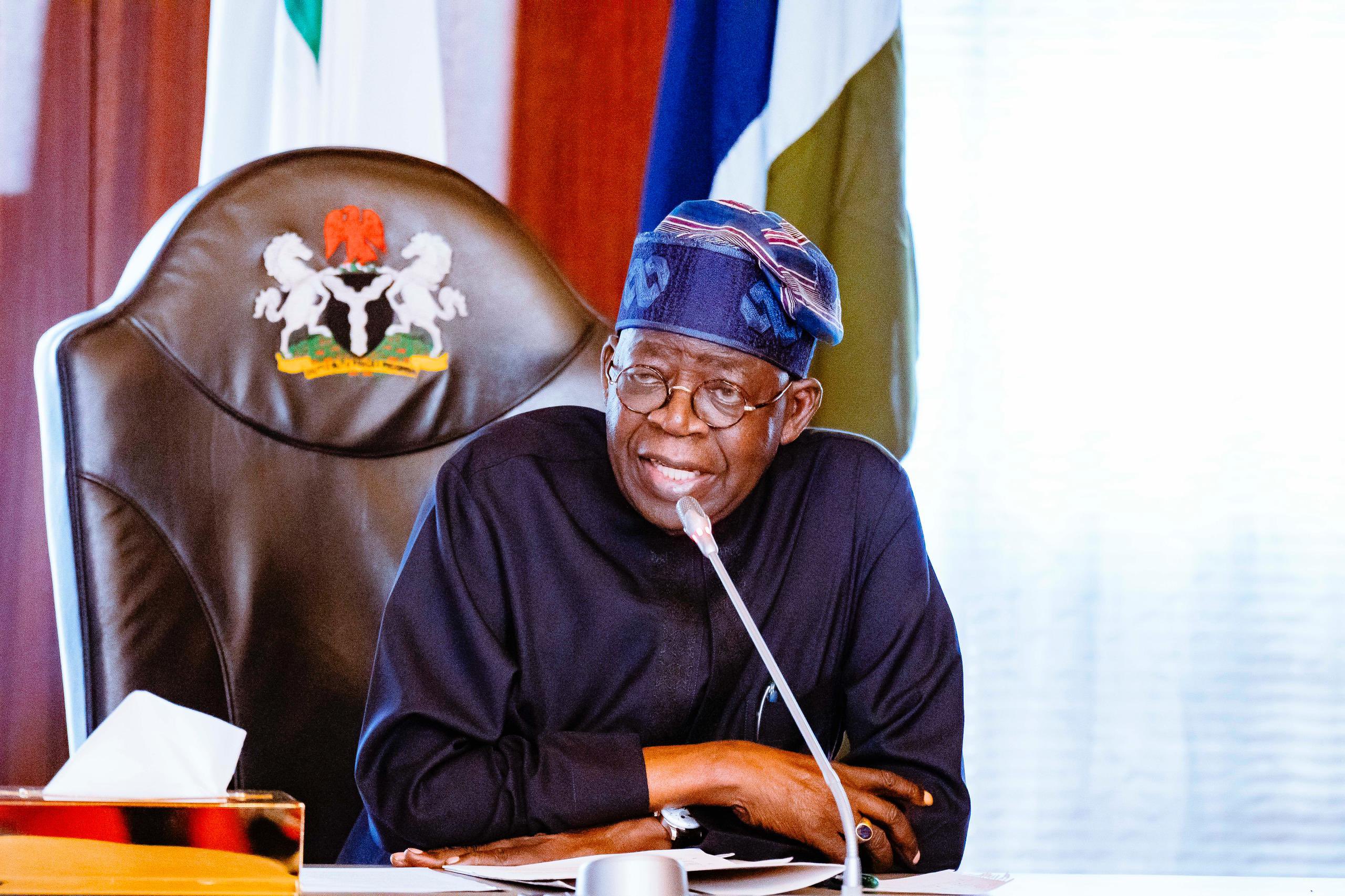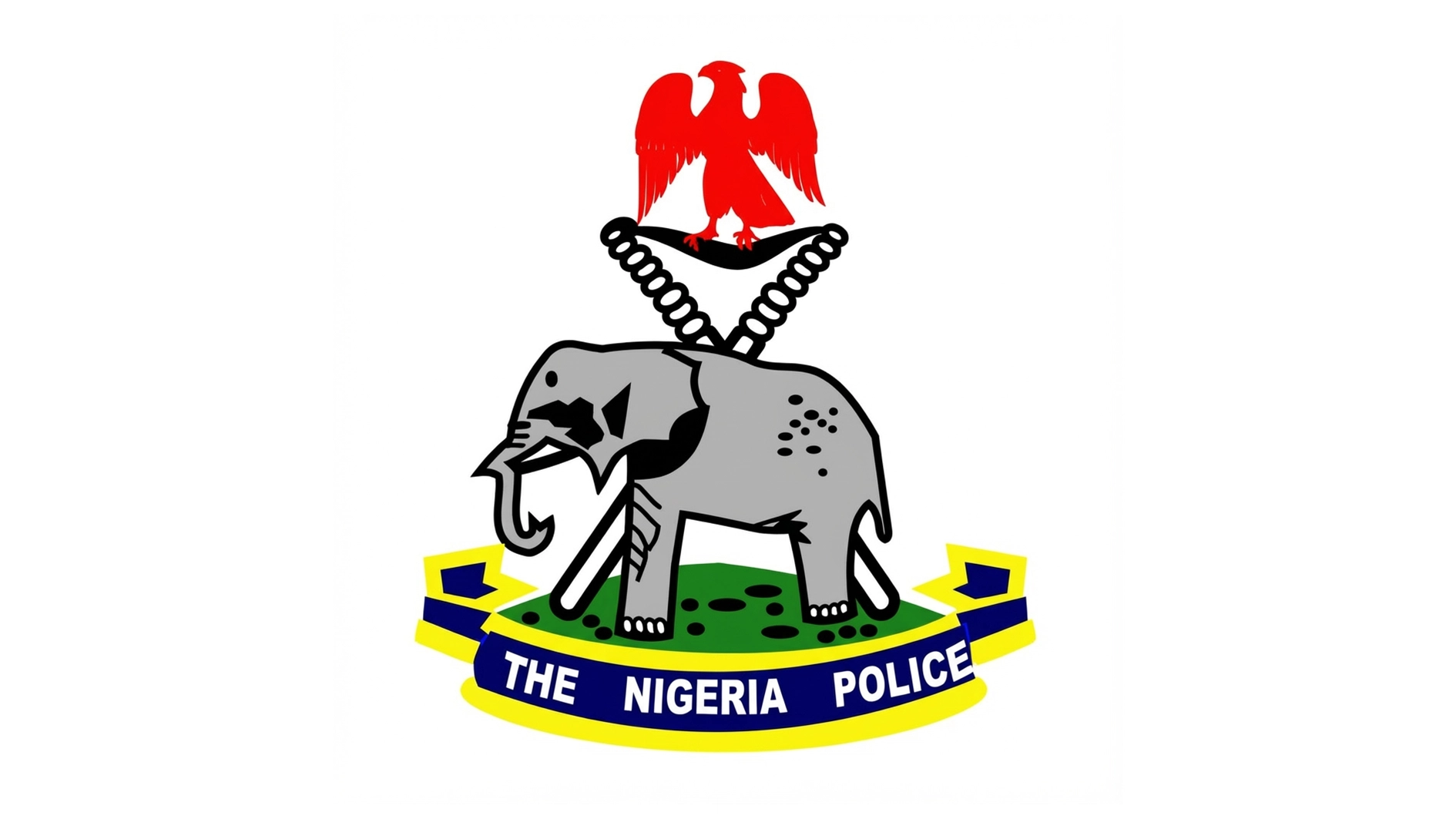The Lagos State government has announced the installation of modern concrete pontoons at select jetties across the state as part of efforts to upgrade water transport infrastructure and create a world-class commuting experience for residents.
In a statement on Sunday, this was disclosed by the Commissioner for Waterfront Infrastructure Development, Dayo Bush Alebiosu.
According to Alebiosu, modern concrete floating pontoons — which serve as flexible docking platforms — are already being installed at jetties in Agboyi Ketu (Kosofe LGA), Ijegun Egba (Amuwo Odofin LGA), and Bayeku/Ikorodu (Ikorodu LGA).
The initiative aims to enhance safety, remove fears from commuters, and provide comfort for waterway users while supporting the broader vision for intermodal transportation under Governor Babajide Sanwo-Olu’s THEMES+ agenda.
He added that similar installations are planned for Ebute Ero (Lagos Island), Ijede (Ikorodu), Apa (Badagry), Mile 2 (Amuwo Odofin), Mowo (Ojo LGA), and several other strategic locations.
“These pontoons are crafted from rigid concrete blocks, designed to float and withstand wave pressure while offering stability,” Alebiosu explained. “They remove the fear most passengers have when boarding boats due to shaking platforms. This innovation provides a flat, concrete surface that feels almost like boarding from solid ground.”
The commissioner highlighted that the modular design allows the pontoons to double as temporary bridges during seasonal flooding or erosion — a feature demonstrated in similar installations in other regions.
The Falomo Jetty (Five Cowries Terminal) is a partial installation, where a two-sided pontoon is in use. With the new installations currently underway, they are six-sided rigid pontoons, offering 360-degree functionality for docking and crowd movement.
The pontoon upgrade is one component of the Omi Eko Project — a €410 million initiative to modernise Lagos’ water transportation system.
The comprehensive project, scheduled for completion between 2024 and 2030, will introduce 78 high-capacity electric ferries, dredge and channelise 15 routes, expand 25 terminals, and integrate a digital ticketing system using the Cowry Card for seamless transfers between ferries, buses, and the Lagos Metro.
Other key objectives include reducing roadway congestion, improving commuter safety, cutting greenhouse emissions through electric vessels, and ensuring climate resilience against sea-level rise.
The project is jointly funded by the French Development Agency (AFD), the European Investment Bank (EIB), and the European Union.
Alebiosu reaffirmed the state’s commitment to inclusive development, assuring that water transport is being positioned as a central pillar of the state’s mobility plan.
“This is more than infrastructure — it’s about transforming the way Lagosians move, work, and connect,” he said. “We are building a safe, sustainable and globally competitive water transport system that complements our roads and rail.”






